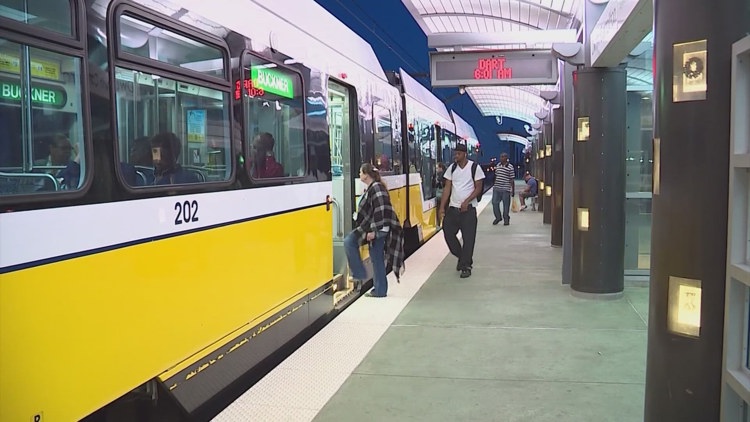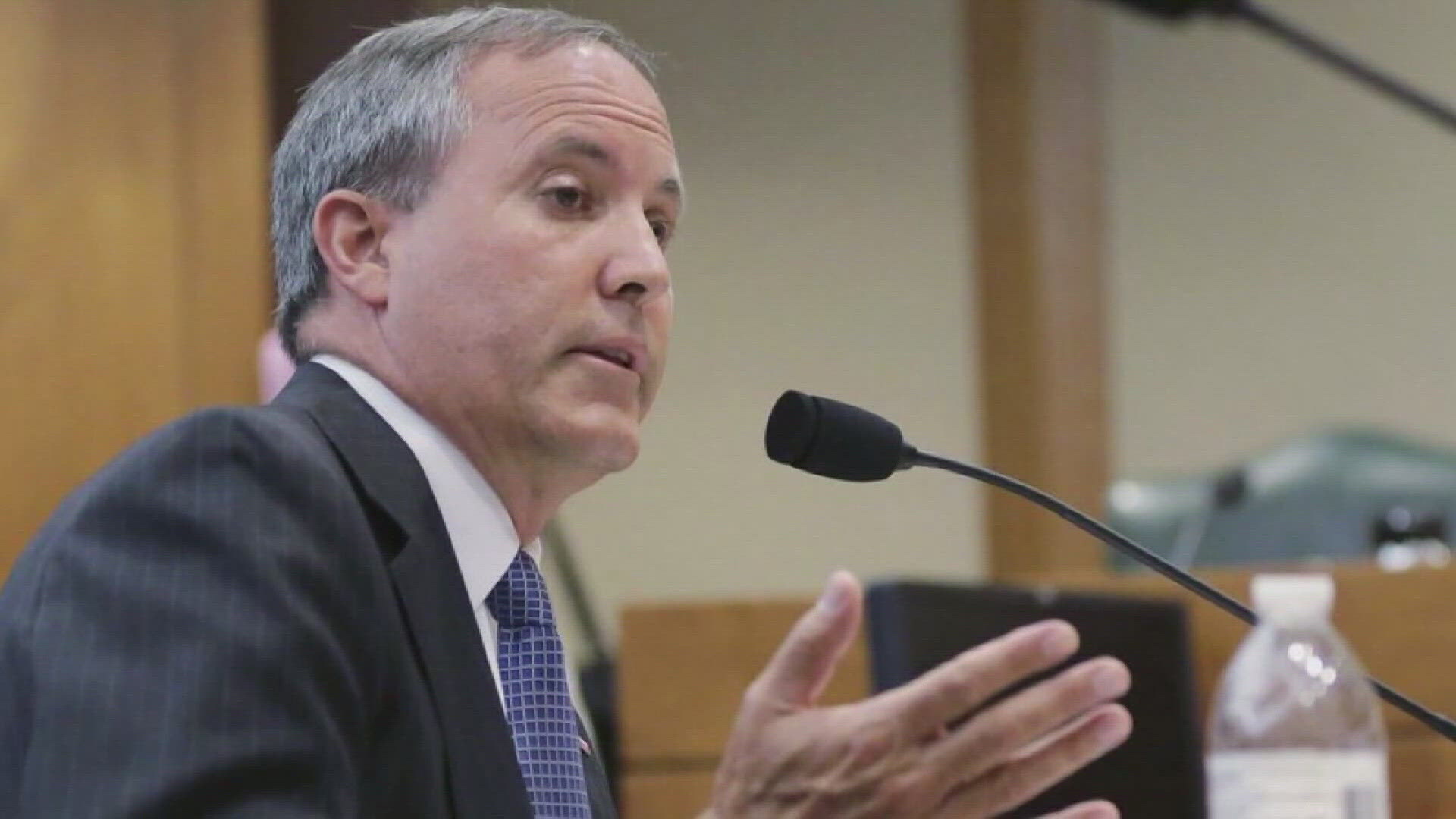DALLAS — North Central Texas Council of Governments calls for preserving Dallas Area Rapid Transit (DART) funding as many member cities pass resolutions in support to cut their sales tax contributions to DART.
Most of DART’s revenue comes from a penny sales tax contribution from DART’s 13 member cities (Addison, Carrollton, Cockrell Hill, Dallas, Farmers Branch, Garland, Glenn Heights, Highland Park, Irving, Plano, Richardson, Rowlett and University Park).
Several DART member cities, including Plano (the largest contributor to DART behind Dallas), Highland Park, Irving, and more, have passed resolutions in support of reducing the amount of sales tax revenue they send to DART by a quarter. Cutting their contributions to DART, though, would require approval by the DART board. Some member cities have reportedly discussed potentially taking the transit issue to the state legislature.
DART funding was part of a discussion of the NCTCOG’s 2025 legislative agenda during a Regional Transportation Council meeting Thursday. Preserving DART funding until the Transit 2.0 study is complete was among the priorities proposed by staff at the meeting. Along with others supporting transit. Transit 2.0 is a study commissioned by NCTCOG to look into how to address long-term transit needs and improve transit by 2050 as the DFW area grows.
Not all council members agreed with the recommendation to preserve DART funding, though.
“We believe the two recommendations related to DART should be removed,” said Plano Mayor and Regional Transportation Council member John Muns. “The RTC should remain neutral in relation to the ongoing discussions between DART and the member cities and we are concerned regarding the state funding that many of the recommendations don’t take into account the political climate and realities in Austin.”
Arlington Mayor Jim Ross said the recommendations could harm cities that aren’t part of a transit authority.
“Arlington will be opposed to any attempt to diminish local control by either trying to force a non-subscribing transit city like Arlington or Grand Prairie into a position where we’d have to join a transit authority to try to keep a business, for instance,” Ross said.
NCTCOG Director of Transportation Michael Morris, though, warned addressing transit via the state legislature could have unintended consequences.
“I think it’s best to continue the dialogue and make sure both sides fully understand what’s going on, but I think there’s a lot of risk if local governments just independently go do something without fully understanding the implications,” Morris said in response. “I also think you’ve got to be careful of a Trojan Horse in Austin…Austin right now is in a mood that isn’t very interested in local control and when a local entity takes a local item to a Legislature who doesn’t like local control, one has to be very careful about what the possible consequences of that could be.”
Morris said they also hope to prevent non-transit cities in the area from enticing businesses from transit cities through the legislative recommendations.
“Being in the middle of Transit 2.0 and dealing with the controversies within the DART board some percentage of that anger…is DART cities losing employers to non-transit authority cities because they can’t compete with…revenues that they don’t get,” Morris said.
The issue is expected to come up again at the next Regional Transportation Council meeting in October.
The Regional Transportation Council meeting came after DART appointees Tuesday failed to pass the fiscal year 2025 budget of $1.8 billion. The proposed budget discussed Tuesday marks a 1.6% year-over-year increase, including a 5.5% increase in the operating budget.
Two motions – one to approve the $1.8 billion proposed fiscal year 2025 budget and one to reduce the operating budget from 5.5% growth to 4.6% -- both failed to pass Tuesday.
The budget is expected to come back before the DART board for a vote on Sept. 24.



